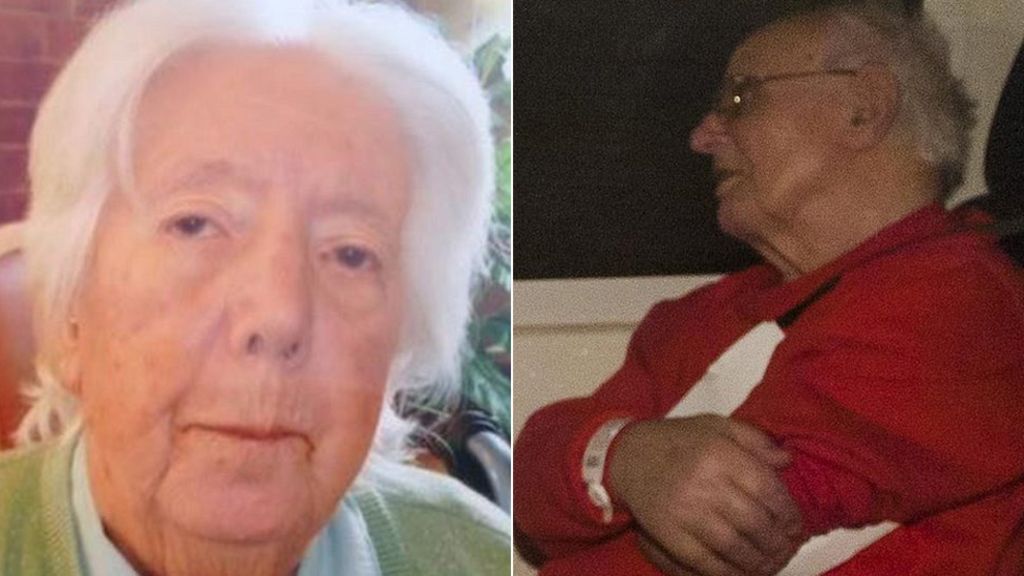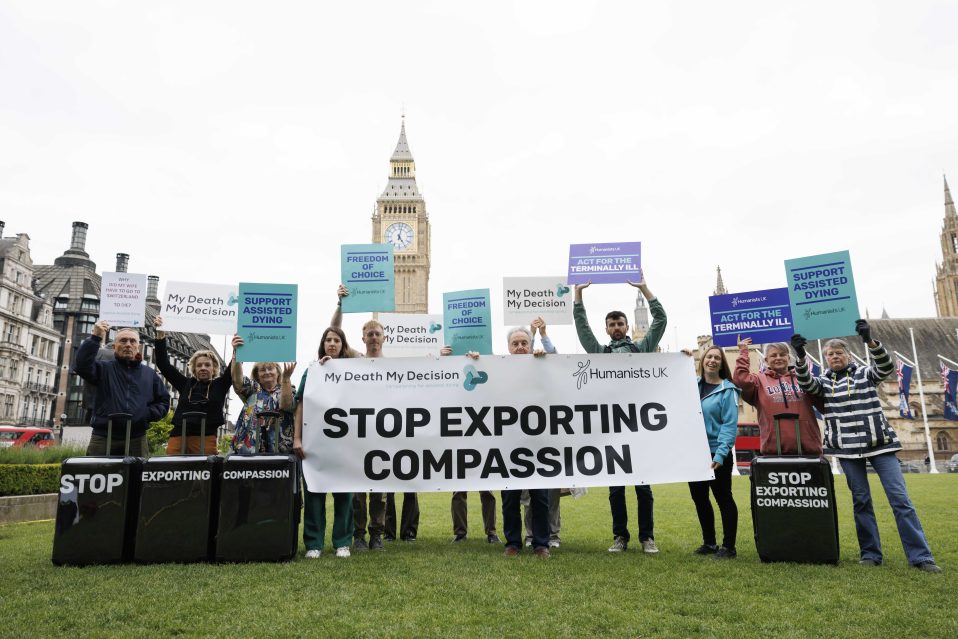A BBC investigation attempted to find out how many minimally conscious patients were being kept alive in the UK. All the UK health authorities were asked, but only about one quarter were able to provide data. Those that did revealed 105 cases. Given the poor response, it seems reasonable to estimate that the total number may be around 400. [But see update below.] Many of the patients had been minimally conscious for 6 months or more, with one being in that state for 20 years.
When should life support be turned off? It is difficult to say, depending on the circumstances. People who have written an Advance Decision can request life support to be turned off if they wish, subject to conditions they specify, should they ever be in a situation where they have lost mental capacity, such as a minimally conscious state. A correctly written advance decision is a legally binding refusal of treatment under certain conditions at some future time when a person does not have mental capacity to make the decision. It must be written when the author has mental capacity to make that decision.
In the absence of a valid Advance Decision, the Court of Protection has to be asked to act in the patient’s best interests to decide whether life support should be turned off. Usually such cases are brought by the medical authorities. However in the case of Paul Briggs the case was brought by the family who did not want to see him suffer further. The medical authority opposed the family wish. However, the judge decided in favour of the family.
MDMD strongly recommend that everyone completes an Advance Decision, specifying their wishes should they be unable to make decisions in the future. Copies should be given to next of kin, those likely to find you if you fall ill at home, and your GP. This applies to everyone regardless of age, or whether you agree with MDMD’s objectives. Anyone could be a road accident victim, for example, at any time.
Update 16th January 2017
Prof. Celia Kitzinger, co-director of the Coma and Disorders of Consciousness Research Centre, has pointed out that the BBC estimate is a gross under-estimate. According to the Parliamentary Office of Science and Technology there are between 4,000-16,000 patients in VS [Vegetative States], plus 3x as many in MCS [Minimally Conscious States] i.e. up to 48,000 in MCS (Source: POSTNote2015 based on extrapolation from nos in UK nursing homes)








Recent Comments